Trump warns of 1929-style Great Depression if court rules against his tariffs
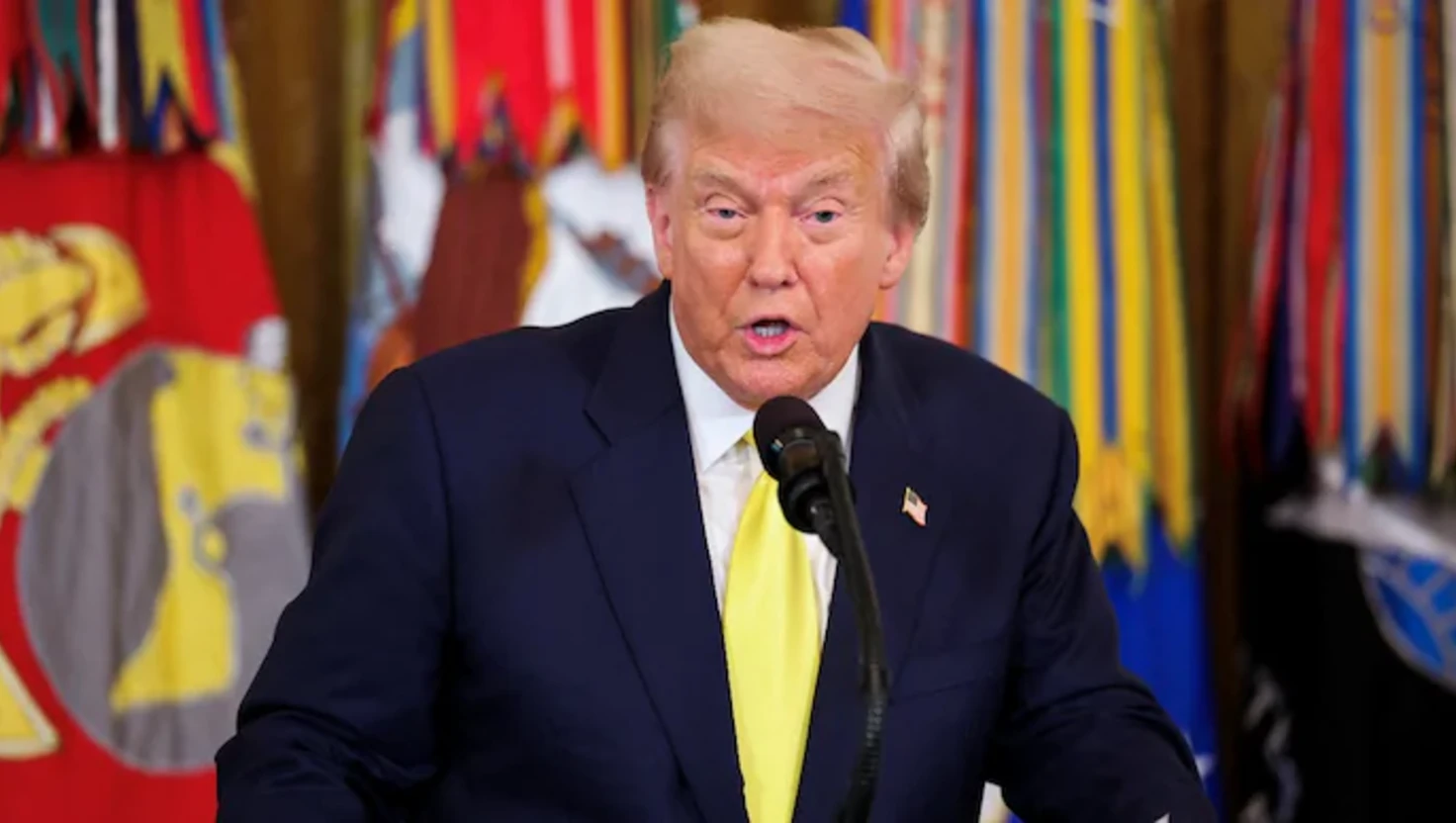
Trump warns of 1929-style Great Depression if court rules against his tariffs
Donald Trump warns US could face a Great Depression if a court overturns his tariff powers, as India, EU and others face steep new trade duties.
US President Donald Trump has warned that America could plunge into a “1929-style Great Depression” if a court strikes down his authority to impose sweeping tariffs under a Cold War-era law.
Speaking on Friday, Mr Trump claimed his trade policies were driving record gains in the US stock market and generating “hundreds of billions of dollars” in revenue for the government. He cautioned that a late judicial ruling against his approach would be catastrophic for the economy.
“It would be 1929 all over again, a GREAT DEPRESSION!” the president wrote in a statement on Truth Social. “Our country deserves SUCCESS AND GREATNESS, NOT TURMOIL, FAILURE, AND DISGRACE.”
The remarks follow the introduction of a new round of tariffs, which came into force just after midnight on Thursday, affecting imports from more than 60 countries, as well as the European Union. Goods from the EU, Japan and South Korea now face 15% duties, while imports from Taiwan, Vietnam and Bangladesh are subject to 20%.
India Tariff Rises to 50%
India has been hit with a 25 percentage point increase on certain imports, raising the total tariff to 50%. The measure, Washington says, is linked to New Delhi’s purchases of Russian oil.
Exporters warn the move will damage long-standing trade ties and threaten a large share of India’s outbound shipments to the United States. “Absorbing this sudden cost escalation is simply not viable,” said SC Ralhan, president of the Federation of Indian Export Organisations, in remarks to the Associated Press.
Mr Trump has said there will be no further trade talks with India until the dispute is resolved. Indian Prime Minister Narendra Modi has responded firmly, pledging to protect domestic agriculture, dairy and fishing sectors. “India will never compromise on the interests of its farmers, dairy farmers and fishermen,” he said.
Legal Challenge to Presidential Powers
The president’s warning is tied to an ongoing legal challenge over his use of the International Emergency Economic Powers Act (IEEPA). Enacted in 1977 during the Cold War, the law allows the president to regulate international commerce during a declared national emergency.
Mr Trump has repeatedly invoked the IEEPA to justify tariff measures, arguing they are necessary for national security. Critics contend that using the law as a long-term trade tool oversteps its original intent and undermines constitutional checks and balances.
If courts rule against the administration, tariffs imposed under the IEEPA could be invalidated, forcing the US to roll back duties on multiple countries. This could trigger demands for refunds worth billions of dollars from affected nations and businesses, potentially destabilising federal revenues and sparking fresh diplomatic disputes.
Global and Domestic Impact
While the S&P 500 index has risen more than 25% since April, economists caution that the full effects of higher tariffs could take time to appear. Early indicators suggest slowing job growth, rising inflation and falling home prices.
In Europe, Germany reported a 1.9% drop in industrial production in June, while Switzerland failed in a last-minute effort to avoid a 39% tariff on its exports to the US.
The White House maintains that the tariffs are strengthening the domestic economy. “Tariffs are having a huge positive impact on the stock market. Almost every day, new records are set,” Mr Trump wrote, reiterating his confidence that current policies would deliver “unprecedented” growth.
Historical Parallels
The president’s reference to 1929 evokes the onset of the Great Depression, the most severe economic downturn of the 20th century. Triggered by a US stock market crash, the crisis led to mass unemployment, bank failures and a collapse in global trade. By 1933, nearly one in four American workers was without a job, and more than 9,000 banks had failed.
The economic devastation of the 1930s reshaped US policy and institutions, leading to the New Deal reforms under President Franklin D Roosevelt. Analysts say Mr Trump’s comparison underlines the scale of risk he sees in dismantling his trade strategy.
The court’s eventual ruling on the IEEPA challenge could determine not only the future of US tariff policy but also the balance of power between the presidency and Congress in trade matters — with far-reaching implications for the global economy.
Speaking on Friday, Mr Trump claimed his trade policies were driving record gains in the US stock market and generating “hundreds of billions of dollars” in revenue for the government. He cautioned that a late judicial ruling against his approach would be catastrophic for the economy.
“It would be 1929 all over again, a GREAT DEPRESSION!” the president wrote in a statement on Truth Social. “Our country deserves SUCCESS AND GREATNESS, NOT TURMOIL, FAILURE, AND DISGRACE.”
The remarks follow the introduction of a new round of tariffs, which came into force just after midnight on Thursday, affecting imports from more than 60 countries, as well as the European Union. Goods from the EU, Japan and South Korea now face 15% duties, while imports from Taiwan, Vietnam and Bangladesh are subject to 20%.
India Tariff Rises to 50%
India has been hit with a 25 percentage point increase on certain imports, raising the total tariff to 50%. The measure, Washington says, is linked to New Delhi’s purchases of Russian oil.
Exporters warn the move will damage long-standing trade ties and threaten a large share of India’s outbound shipments to the United States. “Absorbing this sudden cost escalation is simply not viable,” said SC Ralhan, president of the Federation of Indian Export Organisations, in remarks to the Associated Press.
Mr Trump has said there will be no further trade talks with India until the dispute is resolved. Indian Prime Minister Narendra Modi has responded firmly, pledging to protect domestic agriculture, dairy and fishing sectors. “India will never compromise on the interests of its farmers, dairy farmers and fishermen,” he said.
Legal Challenge to Presidential Powers
The president’s warning is tied to an ongoing legal challenge over his use of the International Emergency Economic Powers Act (IEEPA). Enacted in 1977 during the Cold War, the law allows the president to regulate international commerce during a declared national emergency.
Mr Trump has repeatedly invoked the IEEPA to justify tariff measures, arguing they are necessary for national security. Critics contend that using the law as a long-term trade tool oversteps its original intent and undermines constitutional checks and balances.
If courts rule against the administration, tariffs imposed under the IEEPA could be invalidated, forcing the US to roll back duties on multiple countries. This could trigger demands for refunds worth billions of dollars from affected nations and businesses, potentially destabilising federal revenues and sparking fresh diplomatic disputes.
Global and Domestic Impact
While the S&P 500 index has risen more than 25% since April, economists caution that the full effects of higher tariffs could take time to appear. Early indicators suggest slowing job growth, rising inflation and falling home prices.
In Europe, Germany reported a 1.9% drop in industrial production in June, while Switzerland failed in a last-minute effort to avoid a 39% tariff on its exports to the US.
The White House maintains that the tariffs are strengthening the domestic economy. “Tariffs are having a huge positive impact on the stock market. Almost every day, new records are set,” Mr Trump wrote, reiterating his confidence that current policies would deliver “unprecedented” growth.
Historical Parallels
The president’s reference to 1929 evokes the onset of the Great Depression, the most severe economic downturn of the 20th century. Triggered by a US stock market crash, the crisis led to mass unemployment, bank failures and a collapse in global trade. By 1933, nearly one in four American workers was without a job, and more than 9,000 banks had failed.
The economic devastation of the 1930s reshaped US policy and institutions, leading to the New Deal reforms under President Franklin D Roosevelt. Analysts say Mr Trump’s comparison underlines the scale of risk he sees in dismantling his trade strategy.
The court’s eventual ruling on the IEEPA challenge could determine not only the future of US tariff policy but also the balance of power between the presidency and Congress in trade matters — with far-reaching implications for the global economy.
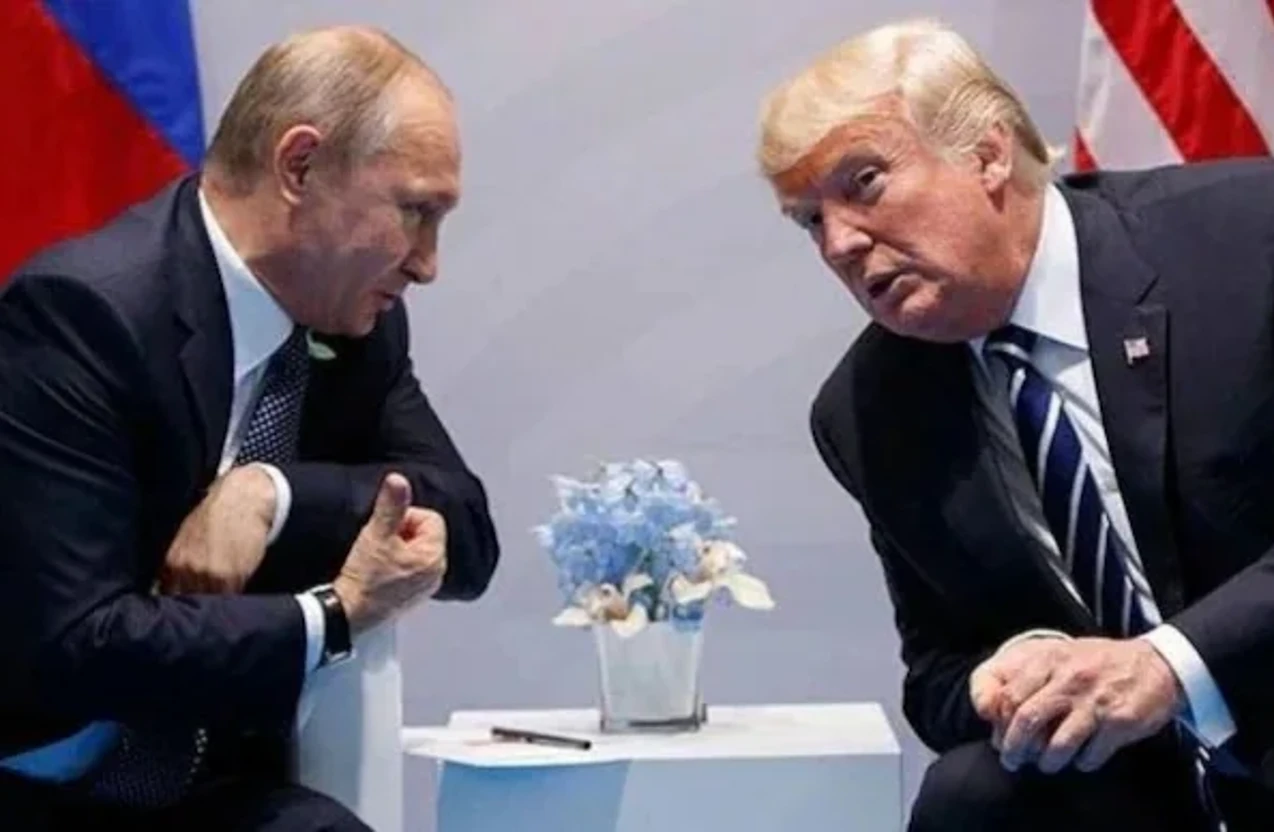
No, he doesn't: Trump rejects conditions for Putin-Zelenskyy meeting before summit
Donald Trump says talks with Vladimir Putin will proceed regardless of a meeting with Volodymyr Zelenskyy, amid warnings of new sanctions.
| 2025-08-08
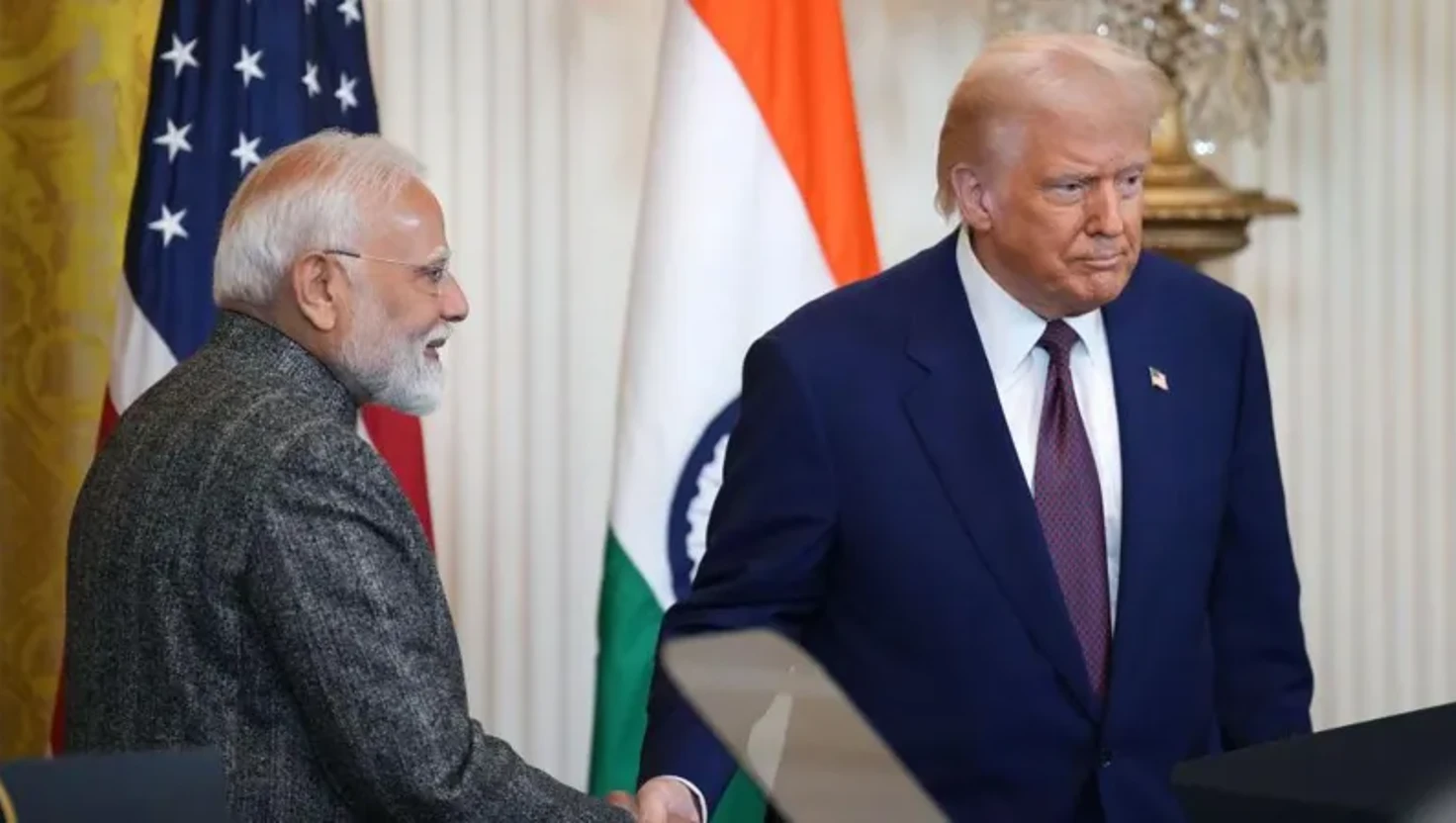
Trump imposes 50% tariff on India. Warns of more secondary sanctions
India-Russia oil trade prompts highest US tariffs; Trump signals more sanctions
| 2025-08-06

Over 60 missing in Uttarakhand flash floods disaster
Uttarkashi floods have caused multiple casualties and left dozens missing as rescue efforts continue. Government seeks aerial support amid challenges.
| 2025-08-06
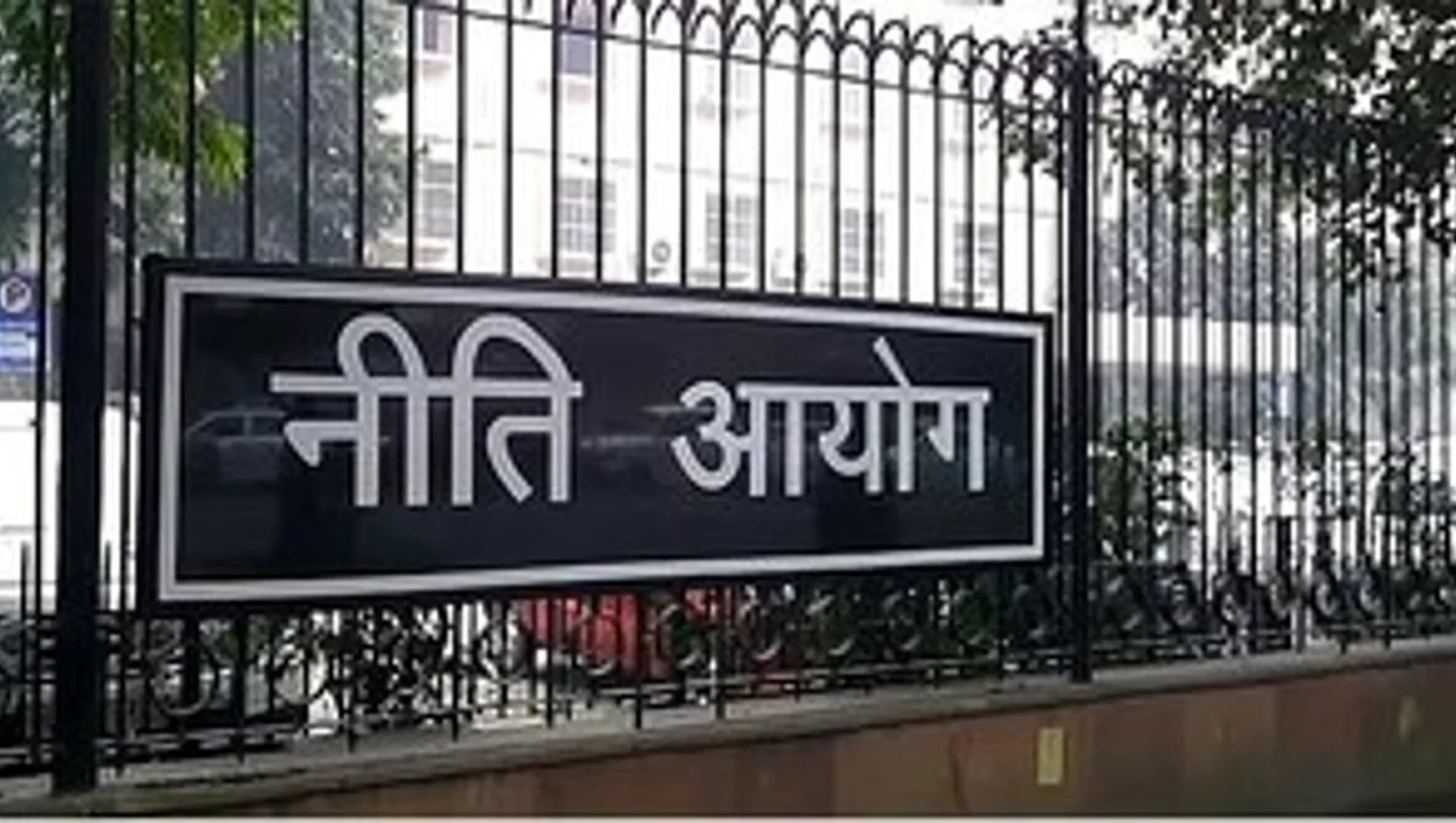
India's Niti Aayog Proposes National EV Policy for 30% Sales by 2030
Niti Aayog calls for a national electric vehicle policy as India aims for 30% EV sales share by 2030, highlighting significant challenges ahead.
| 2025-08-05
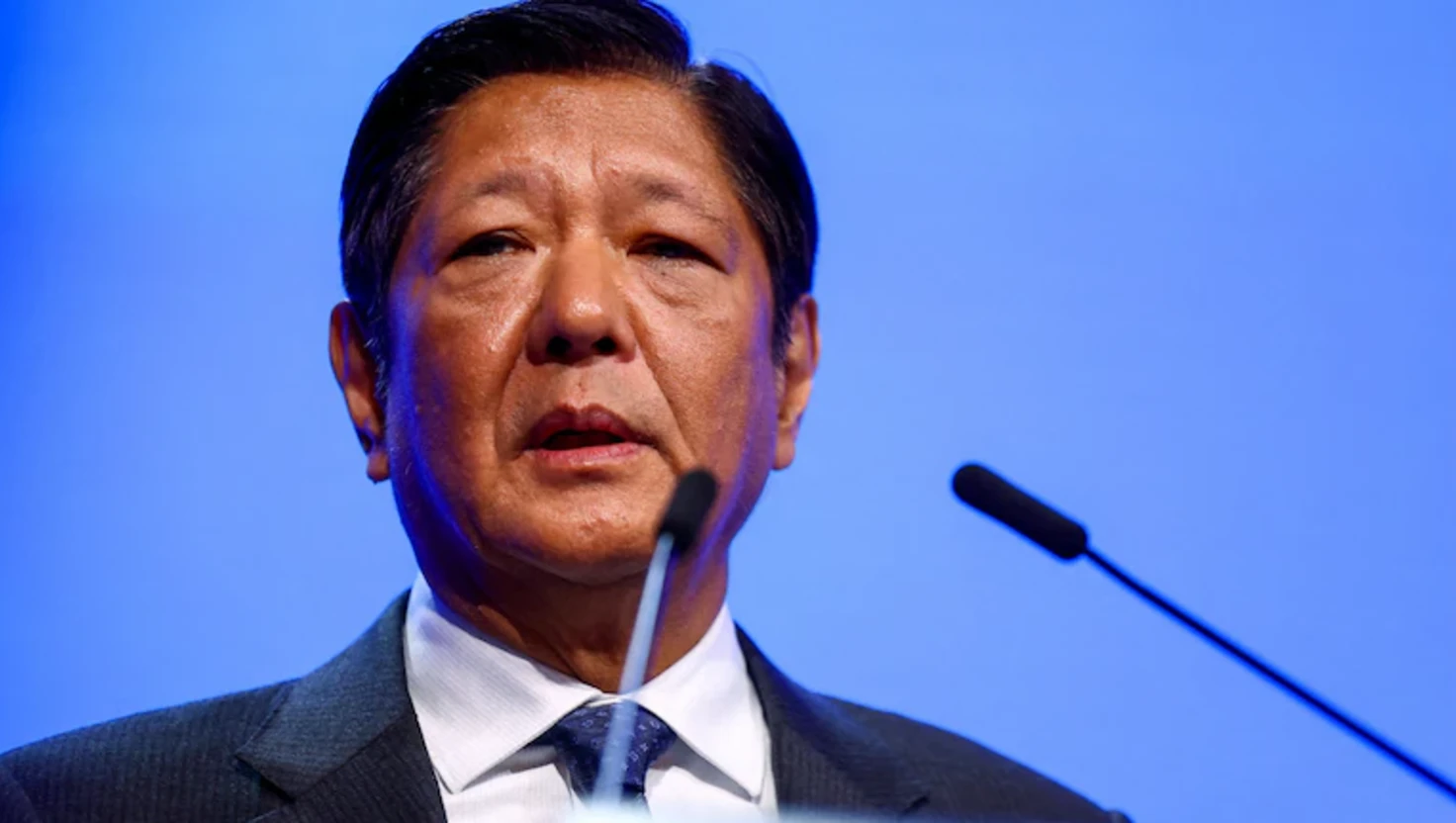
Philippine President Ferdinand Marcos Jr. Visits India for Talks
Philippines President Ferdinand Marcos Jr. embarks on a five-day visit to India to enhance bilateral relations and discuss cooperation across multiple sectors.
| 2025-08-05




